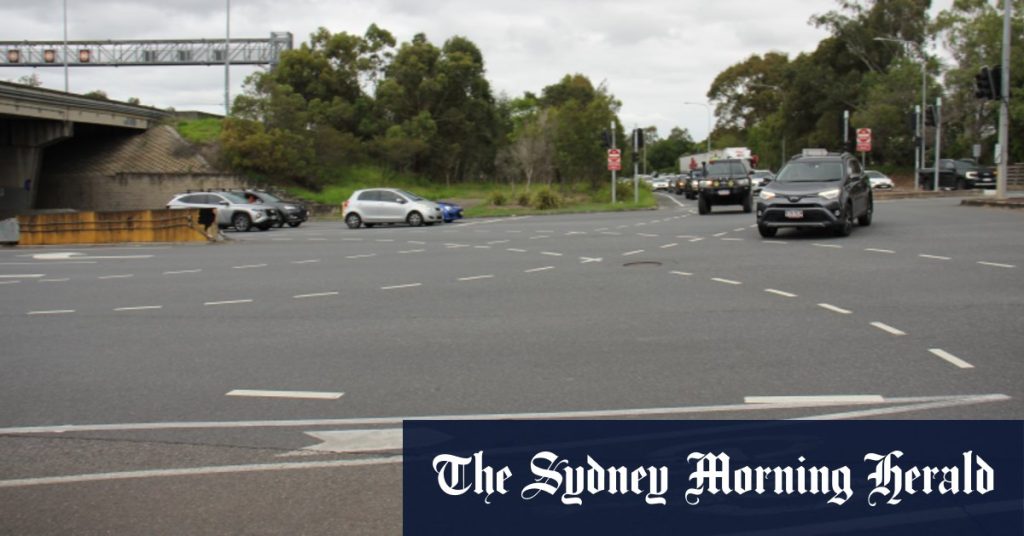The Department of Transport and Main Roads (TMR) has released data identifying Brisbane’s most dangerous intersections, revealing locations with the highest frequency of serious crashes and casualties between 2021 and 2023. The data, obtained by Brisbane Times, highlights concerning trends in traffic safety across the city, pinpointing intersections where a combination of factors, including road design, traffic volume, and driver behavior, contribute to a heightened risk of accidents. The analysis of crash data serves as a crucial tool for infrastructure improvements and targeted safety campaigns aimed at reducing accidents and enhancing road safety for all users.
Topping the list for the highest number of crashes is the complex eight-pronged intersection of Gateway Arterial Road and Wynnum Road in Tingalpa. With at least eight crashes recorded over the two-year period, this intersection stands out as a significant safety concern. The physical evidence of frequent collisions is readily apparent, with battered safety bollards and scattered car parts littering the surrounding areas. The complexity of the intersection, coupled with high traffic volume, likely contributes to the elevated crash rate. Further investigation into the specific causes of accidents at this location is crucial for implementing effective safety measures.
The intersection of Cavendish Road and Chatsworth Road in Coorparoo, adjacent to St Stephen’s Anglican Church, earned the unfortunate distinction of having the highest number of serious injuries, with at least ten recorded. While the total number of crashes at this intersection might not be as high as at Gateway Arterial Road and Wynnum Road, the severity of the injuries sustained underscores the potential for serious harm. Understanding the factors contributing to the severity of crashes at this location is essential for implementing measures to mitigate the risk of serious injury or fatality.
Several other intersections across Brisbane also feature prominently on the list of high-crash locations. These include the intersection of Juliette Street and Prince Street in Annerley, Archerfield Road and Azalea Street in Inala, and Beaudesert Road and Nottingham Road in Calamvale. The inclusion of these diverse locations across the city suggests that a variety of factors contribute to intersection crashes, requiring tailored solutions for each specific area. Analyzing the unique characteristics of each intersection, such as traffic flow, road geometry, and signage, is critical for developing effective safety interventions.
The TMR, while not disclosing the specific number of fatalities at these intersections, confirmed that the data collected is actively used to identify and address high-risk locations, commonly known as black spots. This proactive approach involves analyzing crash data to understand the underlying causes of accidents and inform the implementation of safety improvements. These improvements can range from infrastructure modifications, such as improved signage or traffic signal timing, to targeted public awareness campaigns promoting safe driving practices.
A TMR spokesperson revealed that a significant portion of the crashes at these intersections are attributed to turning movements and disregarding traffic signals. This highlights the critical role of driver behavior in road safety. While infrastructure improvements can undoubtedly enhance safety, addressing driver behavior through education and enforcement is equally important. Targeted campaigns focusing on the dangers of improper turning and the importance of obeying traffic signals could significantly reduce the number of crashes at these intersections. Further research into driver behavior at these locations could provide valuable insights for developing effective educational and enforcement strategies.










